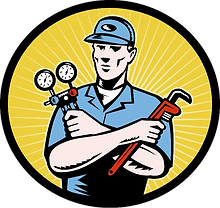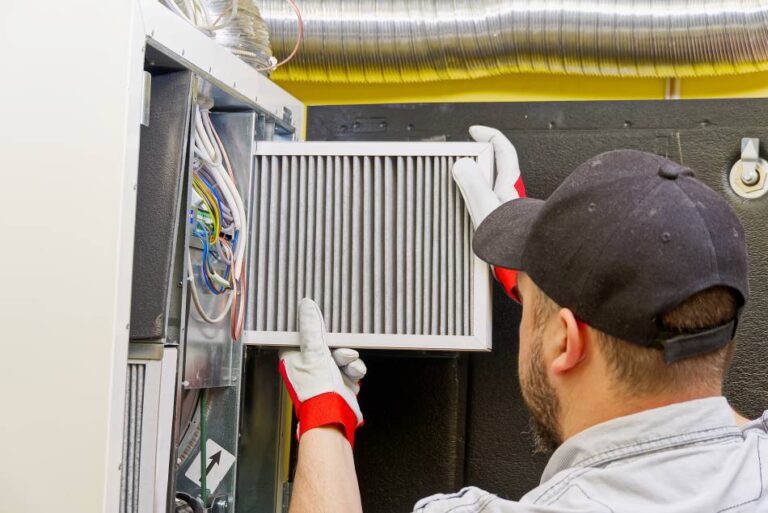According to the Environmental Protection Agency, indoor air can have up to five times more concentrations of pollutants than outdoor air. Newer buildings are more air-tight, which prevents drafts and improves comfort and energy efficiency. However, well-sealed buildings reduce air exchange, allowing concentrations of stale air to build up inside.
Indoor pollutants can affect health, particularly in young children, the elderly and those with chronic health conditions. Improving indoor air quality creates a healthier indoor environment, reduces odors and promotes physical and cognitive health.
Health Effects of Poor Indoor Air Quality
The American Lung Association describes how airborne pollutants can affect your health. Depending on the type and extent of the pollutants, you may experience short-term health effects, such as headaches, dizziness, nausea or irritation of your nose, throat and eyes. Some pollutants, such as carbon monoxide, have long-term effects. Others, such as pollen, dust and mold, can trigger asthma attacks, allergies or other respiratory symptoms. High levels of pollutants and small particulate matter reaching deep into the lungs are associated with an increased risk of heart disease.
Common household airborne pollutants include volatile organic compounds, which can be cleaning supplies, paint and pesticides, and other biological agents, such as mold, viruses, pet dander and bacteria. Building supplies, carpets and pressed wood emit gases that can affect lung health.
Benefits of Better Indoor Air
Studies show that good indoor air quality correlates with improved cognitive performance. Breathing in clean air transports oxygen to the lungs, which is absorbed and distributed throughout your body. Clean air can reduce the occurrence of asthma attacks and other respiratory ailments. In addition, fresh, clean air circulating in your home or office removes unpleasant odors.
Good air quality includes managing humidity levels. High humidity allows mold and other pathogens to grow, which can affect your health and the health of your building.
How to Improve Indoor Air Quality
Your heating, ventilation and air conditioning contractor can help keep indoor air clean. Pruitt Mechanical Services offers air quality testing to identify sources and types of pollutants. We will then recommend ways to clean the air, such as improving ventilation, removing sources of pollutants and regulating humidity.
Some products work with HVAC systems, such as whole-home ventilation systems, ultraviolet lights and high-quality filters. We also suggest routinely cleaning HVAC filters, running exhaust fans in areas with high humidity, such as laundry rooms, kitchens and bathrooms, and vacuuming frequently to remove pet dander, pollen and dust.
Call Pruitt Mechanical Services today to schedule air quality testing in your home or business or to learn more about improving the air you breathe indoors.


